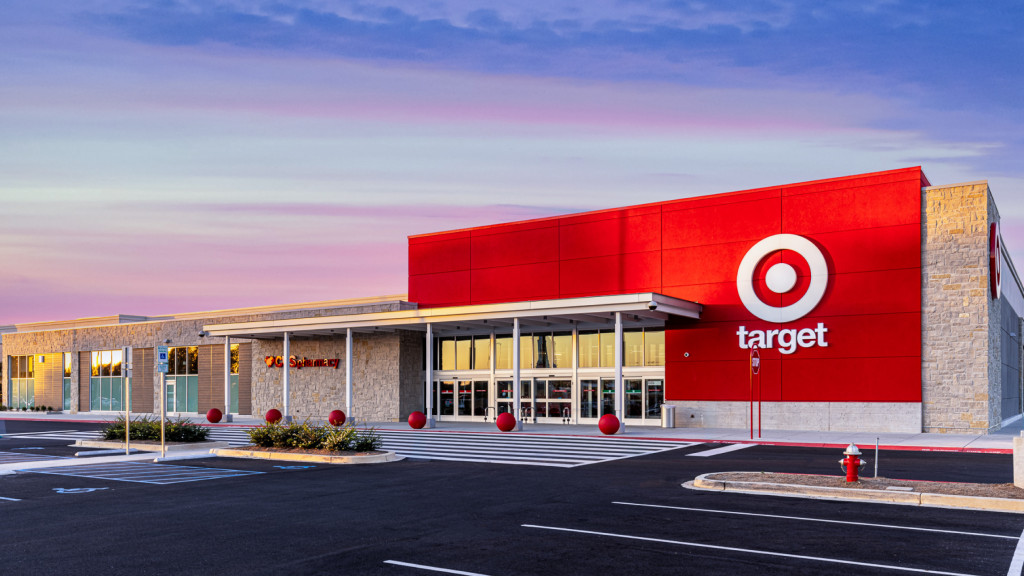After more than a decade, Target CEO Brian Cornell is stepping down, closing a chapter that saw both record growth and deep cultural turbulence for the retail giant. Cornell, who took over in 2014, will officially exit his CEO role on February 1, 2026, handing the reins to Target’s current COO, Michael Fiddelke.
Fiddelke, a 20-year veteran of the company who began as an intern, was chosen from a shortlist that included both internal and external candidates. “He is the right candidate to lead our business back to growth,” Cornell said in a call with analysts.
While Cornell will stay on as executive chairman, his exit comes during a time when the company has a decline in quarterly sales, a cooling consumer economy, and backlash over Target’s abrupt pivot on DEI initiatives.
From Pandemic Boom to Post-Progressive Backlash
Cornell’s early years at Target were lauded. He led the brand through a bold reinvention, revamping stores, improving digital infrastructure, and expanding private-label offerings. In 2019, CNN named him CEO of the Year, and during the pandemic, Target became a go-to for everything from groceries to home office essentials.
But that momentum didn’t last.
By 2022, a post-pandemic consumer slowdown, inflation, and poor inventory planning chipped away at Target’s edge. The chain found itself buried under unsold goods and struggling to entice shoppers back into its stores. Target has now posted three straight quarters of sales declines, and its stock has become one of the S&P 500’s worst performers in 2025.
Then came the culture wars.
Earlier this year, Target made headlines for retreating from some of its DEI programming, a move that surprised many of its core consumers and advocates. The fallout was fast and furious. Two descendants of Target’s co-founder, Anne and Lucy Dayton, publicly called the decision “a betrayal,” while online communities criticized the brand for abandoning its long-standing commitments to inclusion.
Navigating Tariffs, Culture Clashes, and Consumer Shifts
Target’s core challenge is multifaceted. The retailer is known for its design-forward merchandise and trendy, discretionary items—home goods, electronics, and clothing—but in 2025, these categories have slumped. Consumers, squeezed by inflation and economic uncertainty, are spending more on essentials than impulse buys.
Walmart, by contrast, is buffered by a stronger grocery business and a broader essentials portfolio. Target also faces pricing pressure from tariffs; about half of its merchandise is imported, compared to just a third for Walmart. As a result, Target has had to raise prices more aggressively, losing price-conscious customers along the way.
Add to that the political whiplash from culture war controversies, most notably, Target’s handling of LGBTQ+ merchandise during Pride Month 2024. The company faced threats over swimsuits designed for transgender customers and pulled items from shelves amid misinformation and safety concerns for employees.
The backlash was swift and vocal, resulting in further sales dips and lawsuits from right-leaning legal organizations.
What’s Next Under Michael Fiddelke?
In his first major call with analysts, Fiddelke acknowledged the need for a course correction. “We must improve,” he said. His plan? Bring trendier merchandise back to the forefront, enhance the in-store experience, and leverage technology to modernize operations. A new initiative, dubbed “Fun 101,” aims to ride viral trends across home goods and electronics.
Still, questions remain: Will Fiddelke lean into Target’s legacy as a progressive brand, or play it safer to avoid further political heat? Can the company win back alienated shoppers while fending off retail powerhouses like Amazon and Costco?
Fiddelke appears optimistic. “We’re not realizing our full potential right now,” he said, “but we have the pieces in place to re-engage our guests.”
Only time and the 2026 holiday shopping season will tell if that’s enough to put Target back on top.




